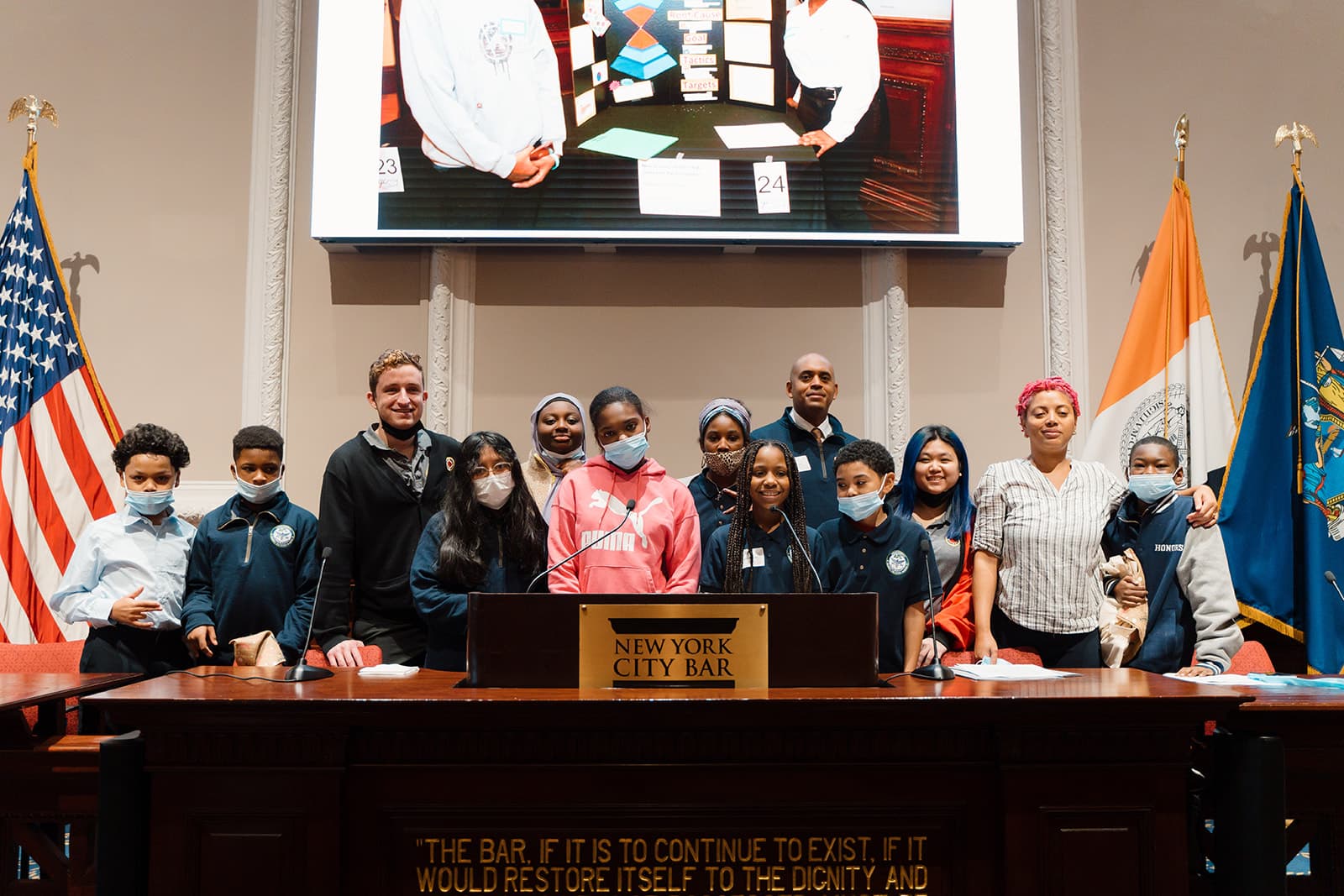
We are building an education movement that equips and inspires young people to transform our democracy.

We envision a world in which young people are at the forefront of creating a more just, participatory, and inclusive country.
Creating an Equitable, Inclusive Democracy
Generation Citizen is transforming how civics is taught by partnering with school districts to deliver real-world civic education.
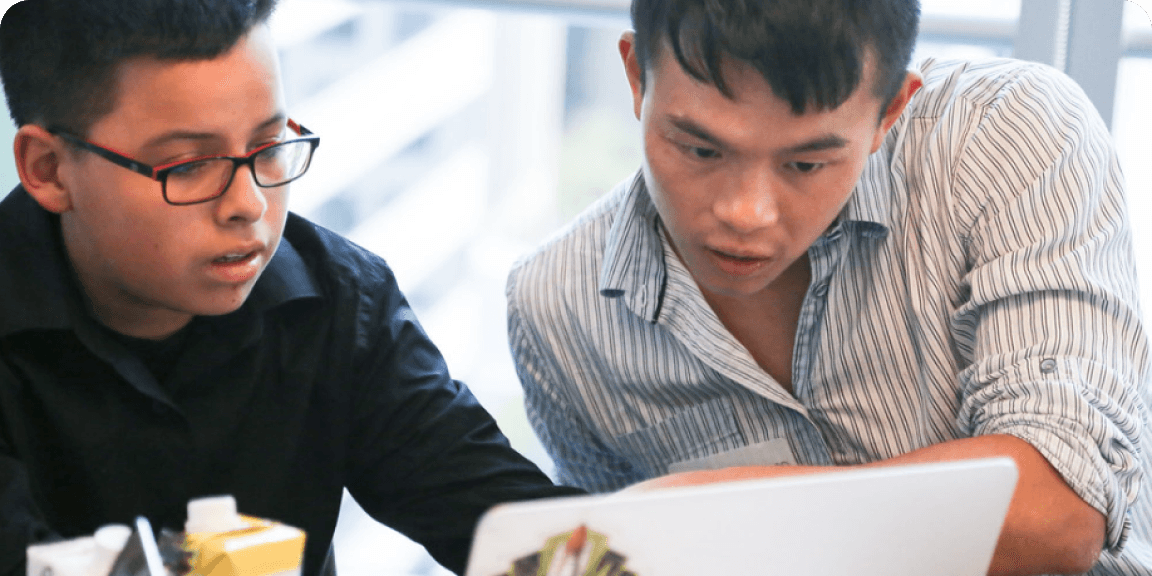
For Students
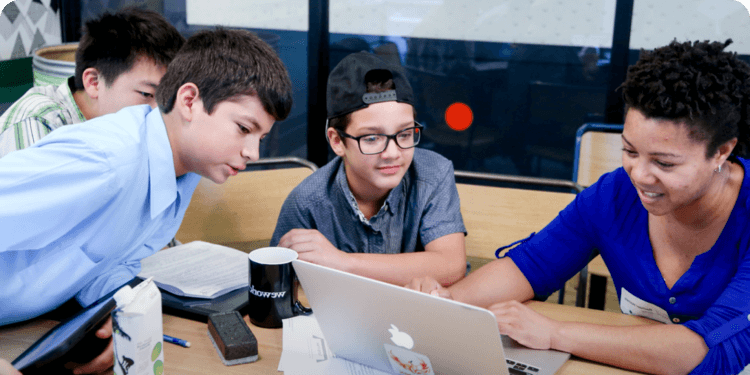
For Educators
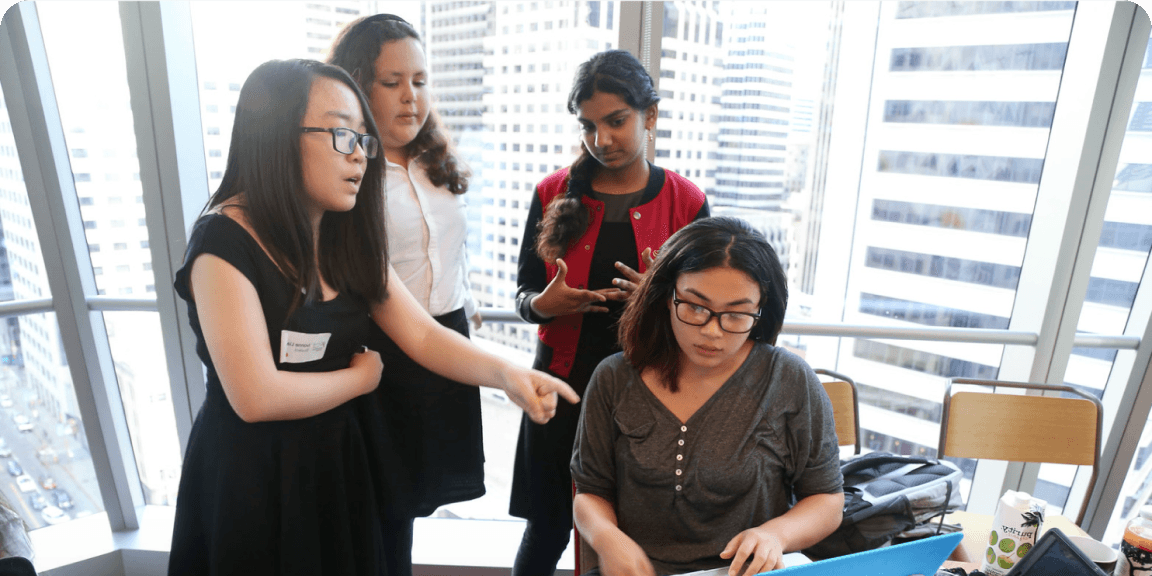
For Community Members

Generation Citizen has established an effective civics education program proven to get youth more active in our democracy. Would you like to join us?
A Movement of Student Changemakers
Help us achieve our ultimate mission to ensure that every young person in this country receives an effective action civics education.
Empowering Youth in Our Democracy Through Project-Based Civics
@generationcitizen






©2024 Generation Citizen. All Rights Reserved.
Site By 3Lane Marketing

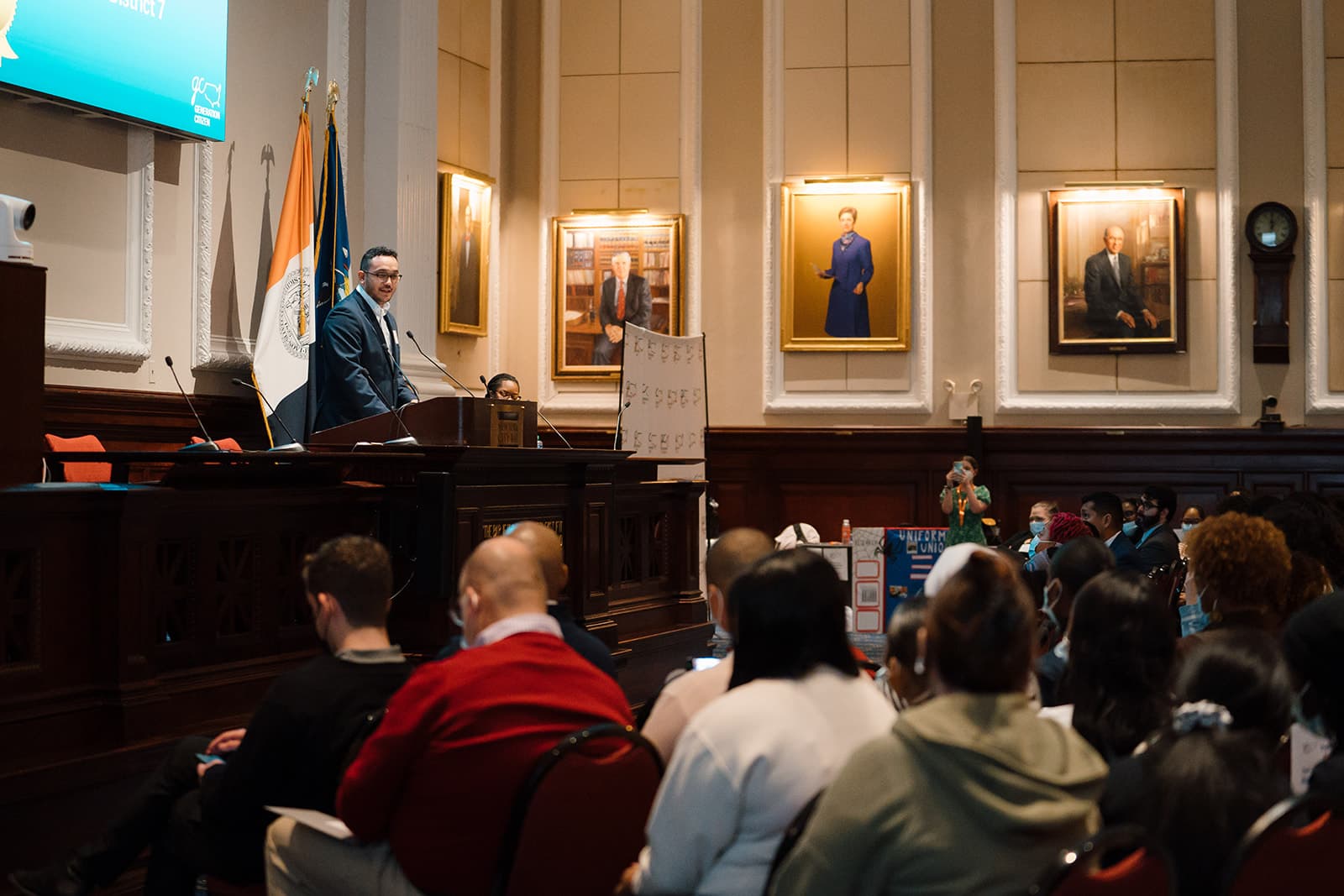
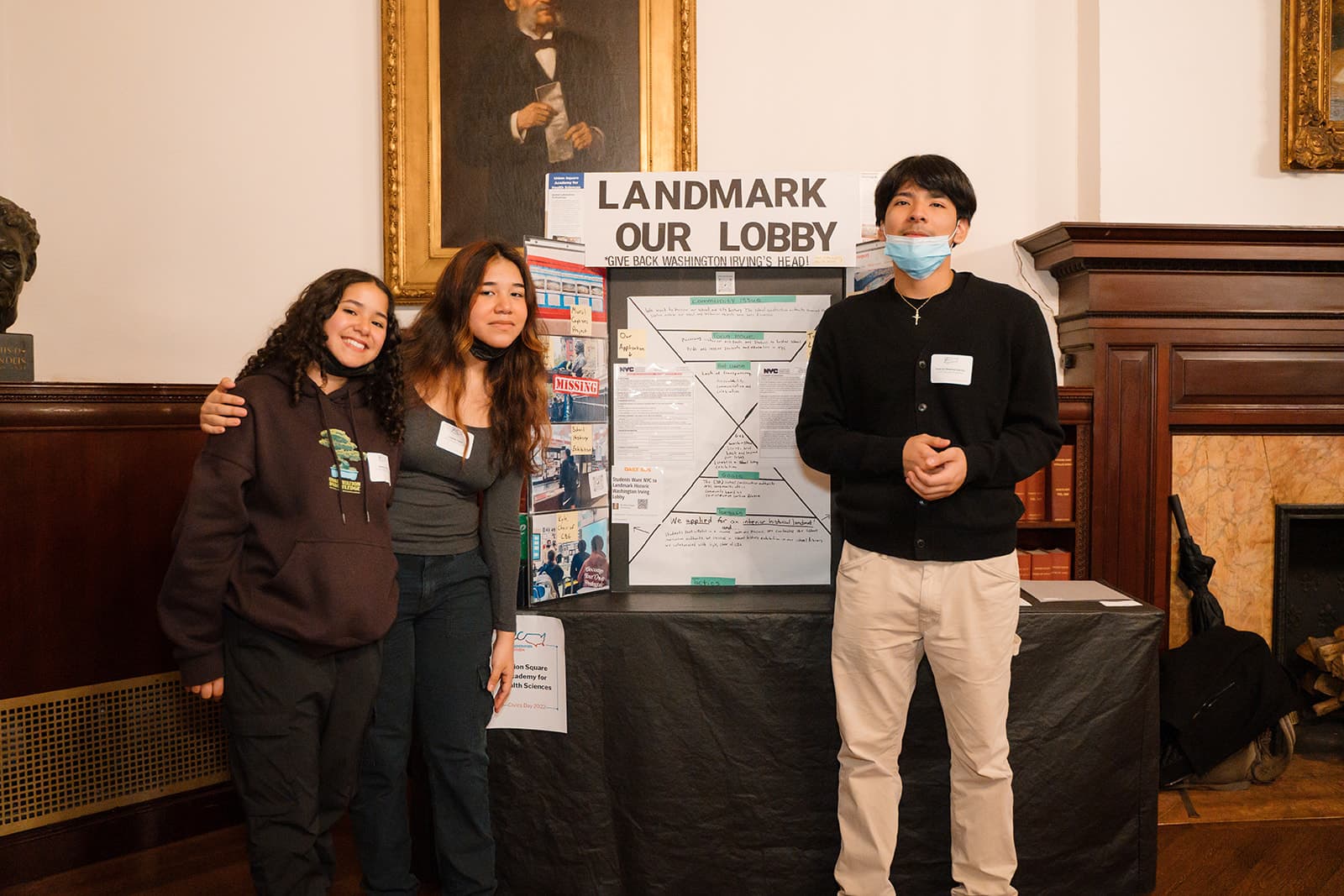
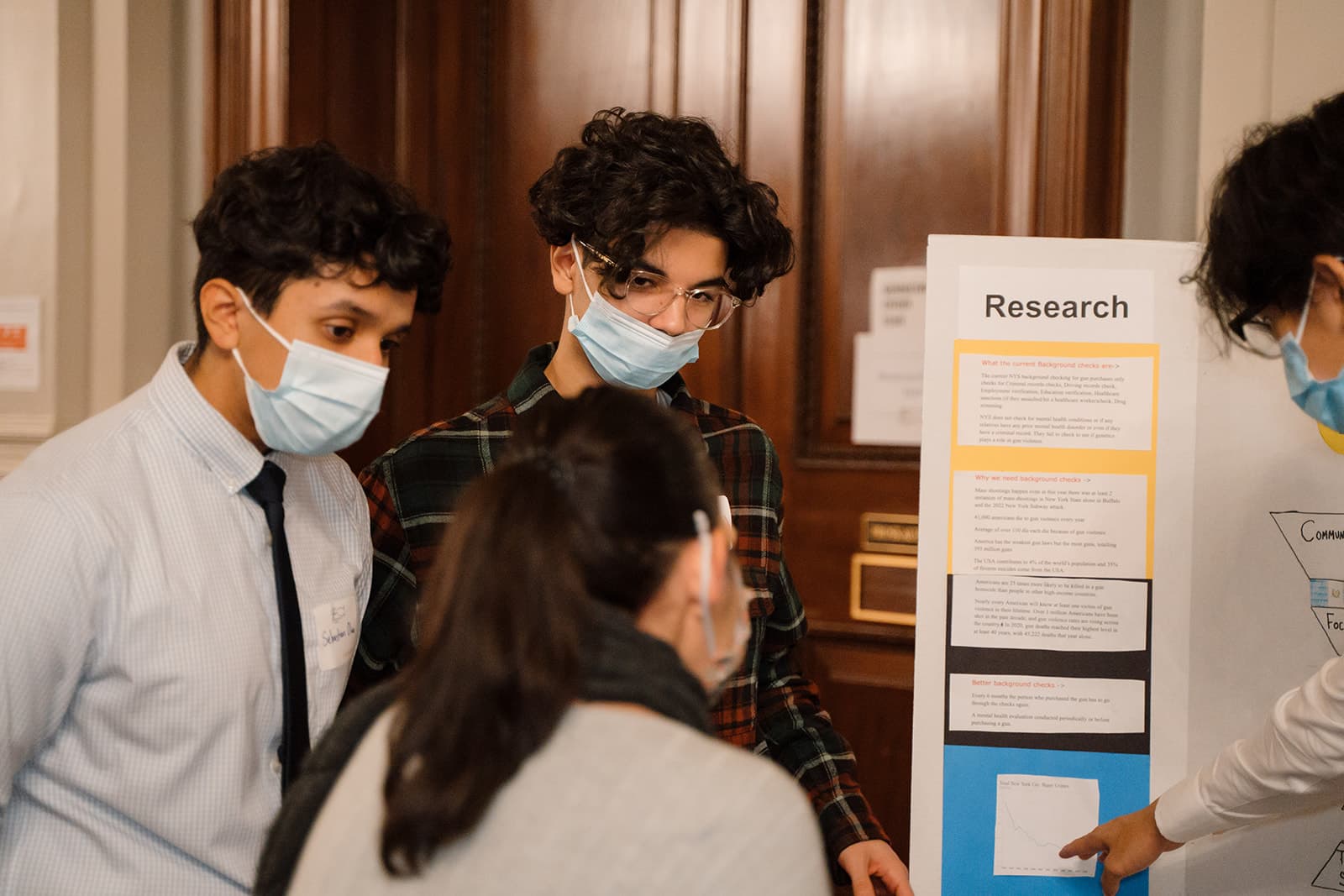




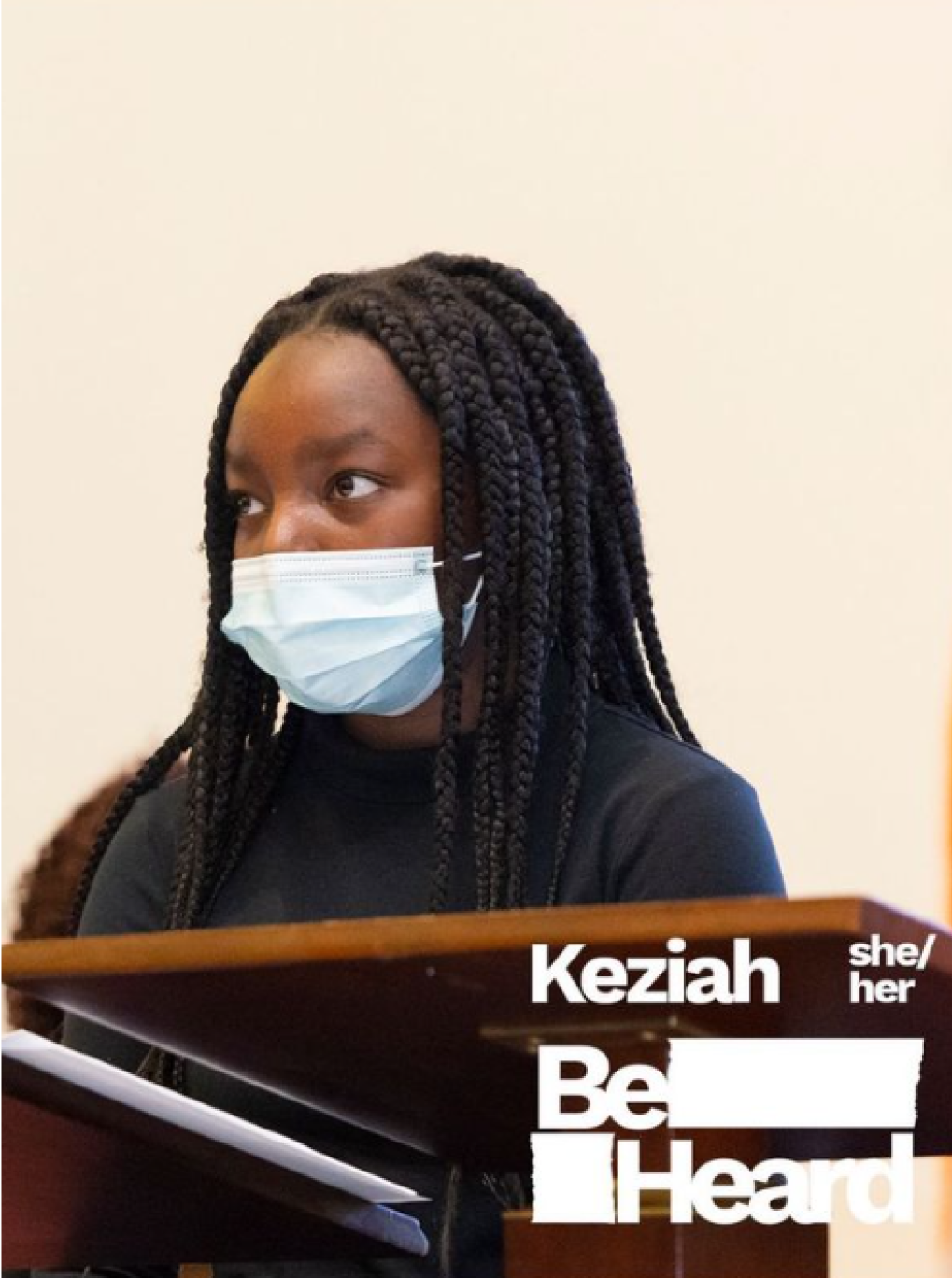
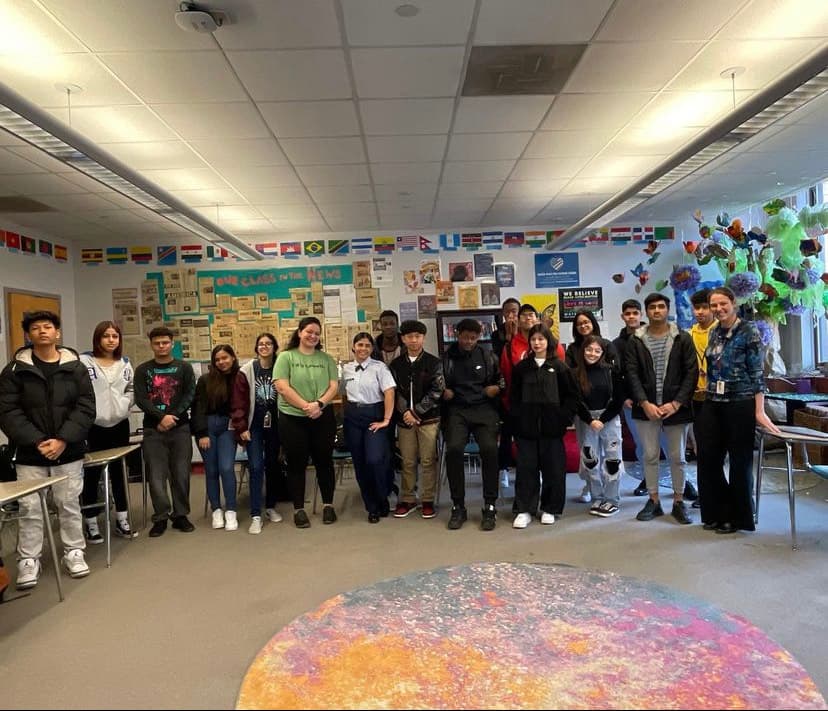
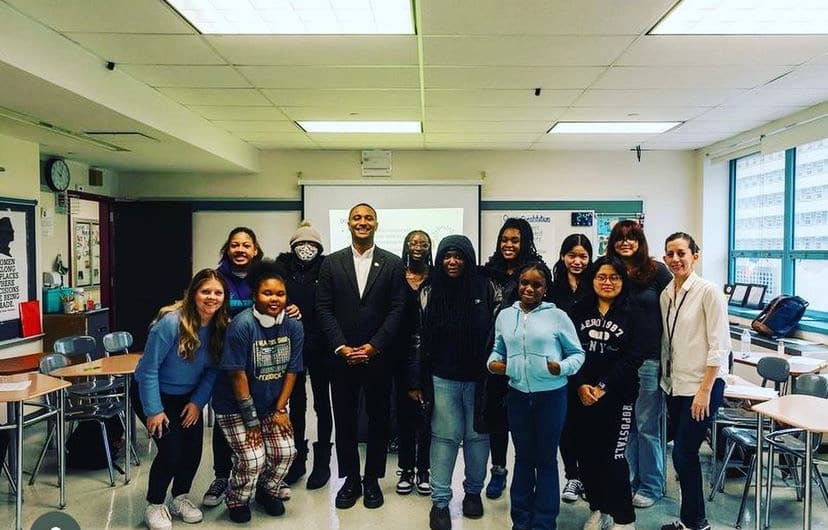
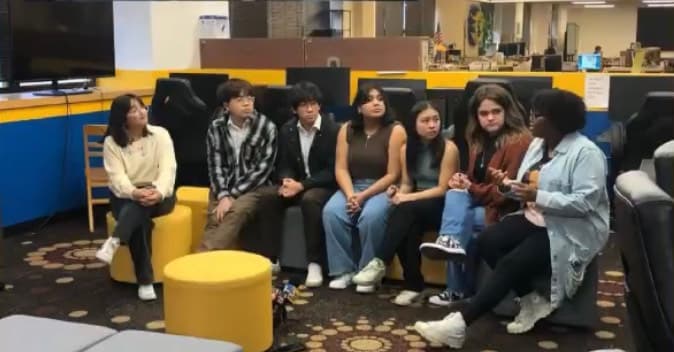
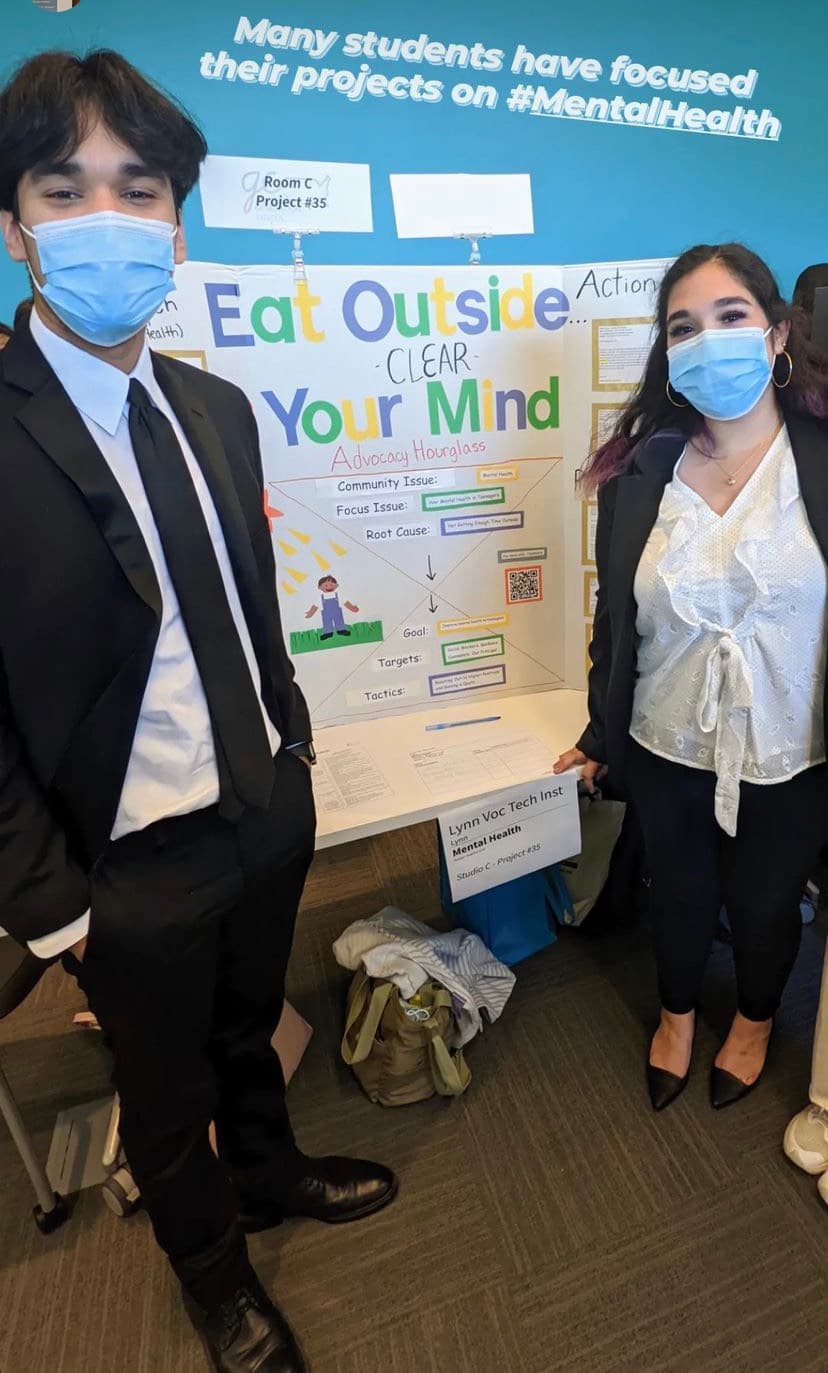
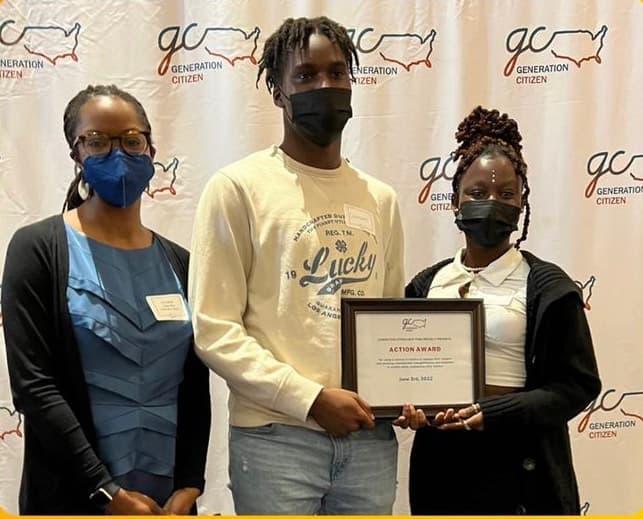
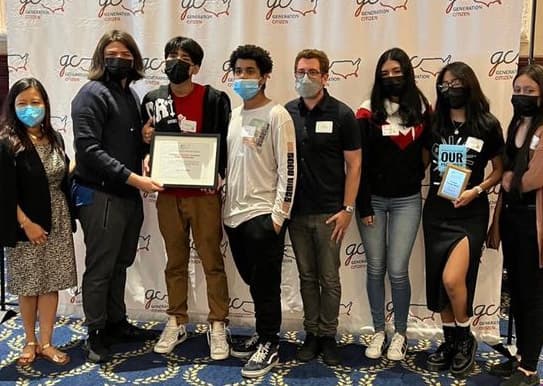
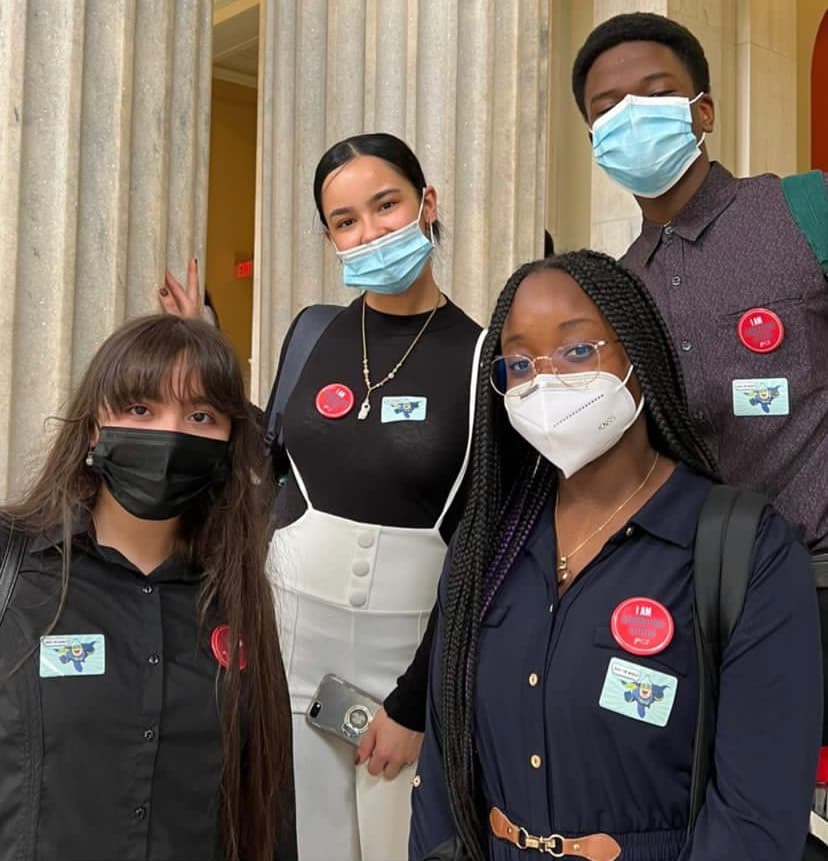
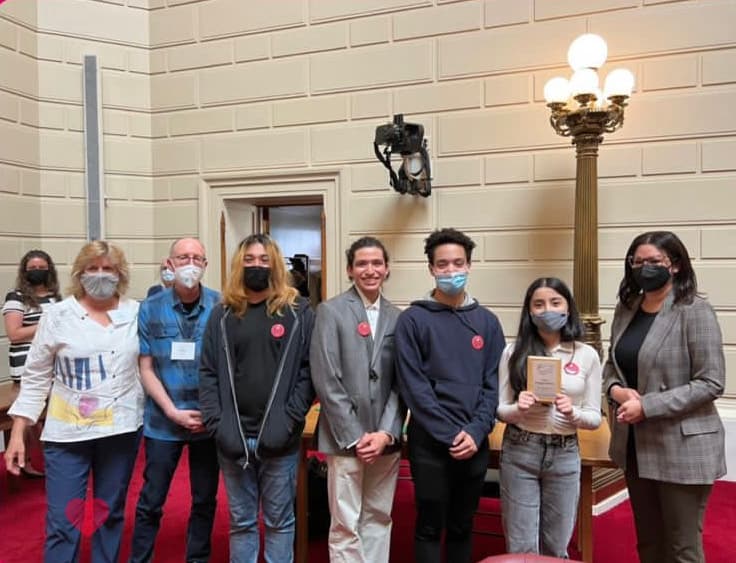
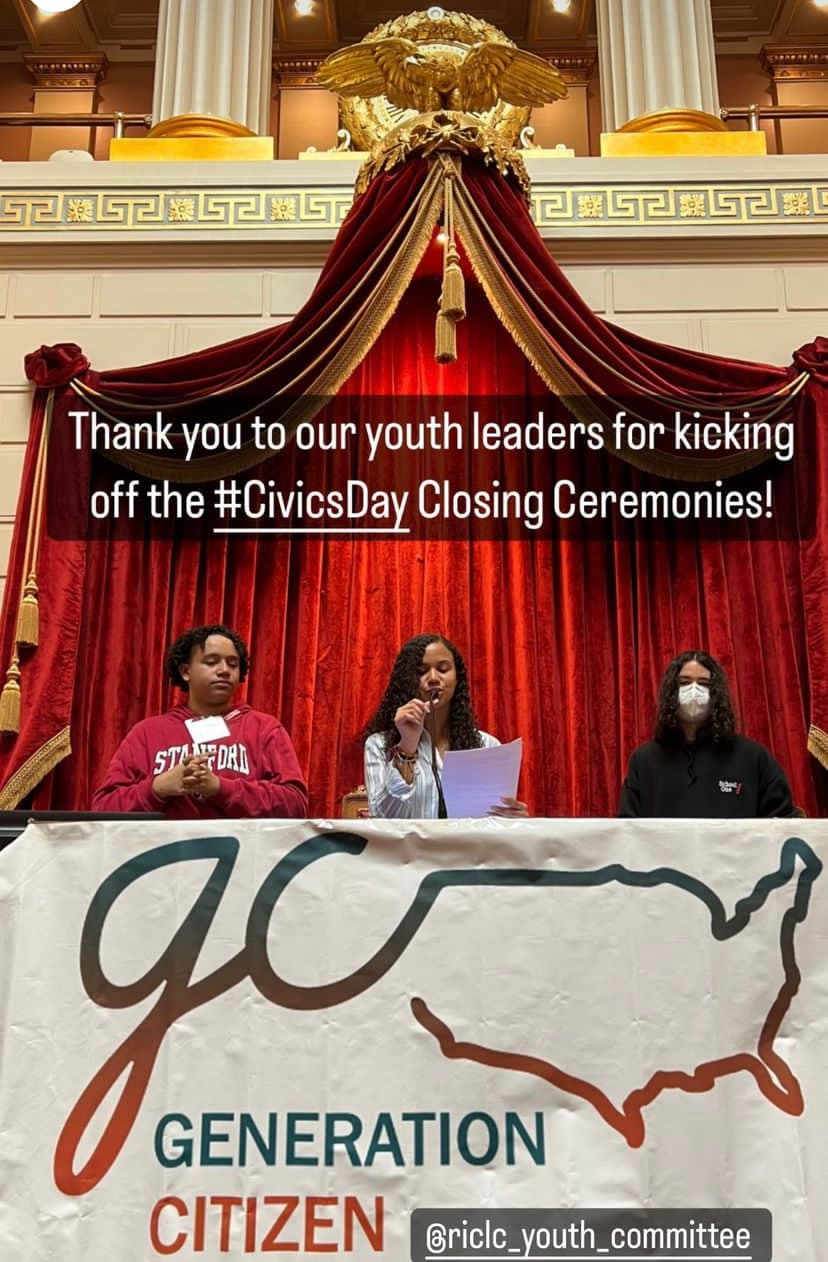
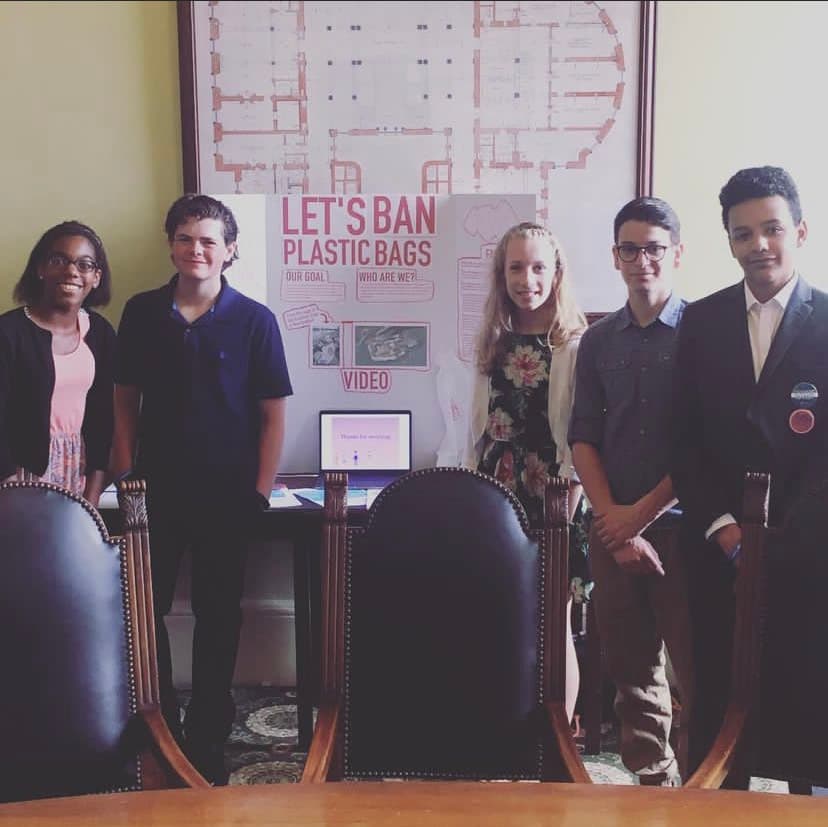
.png&w=3840&q=75)